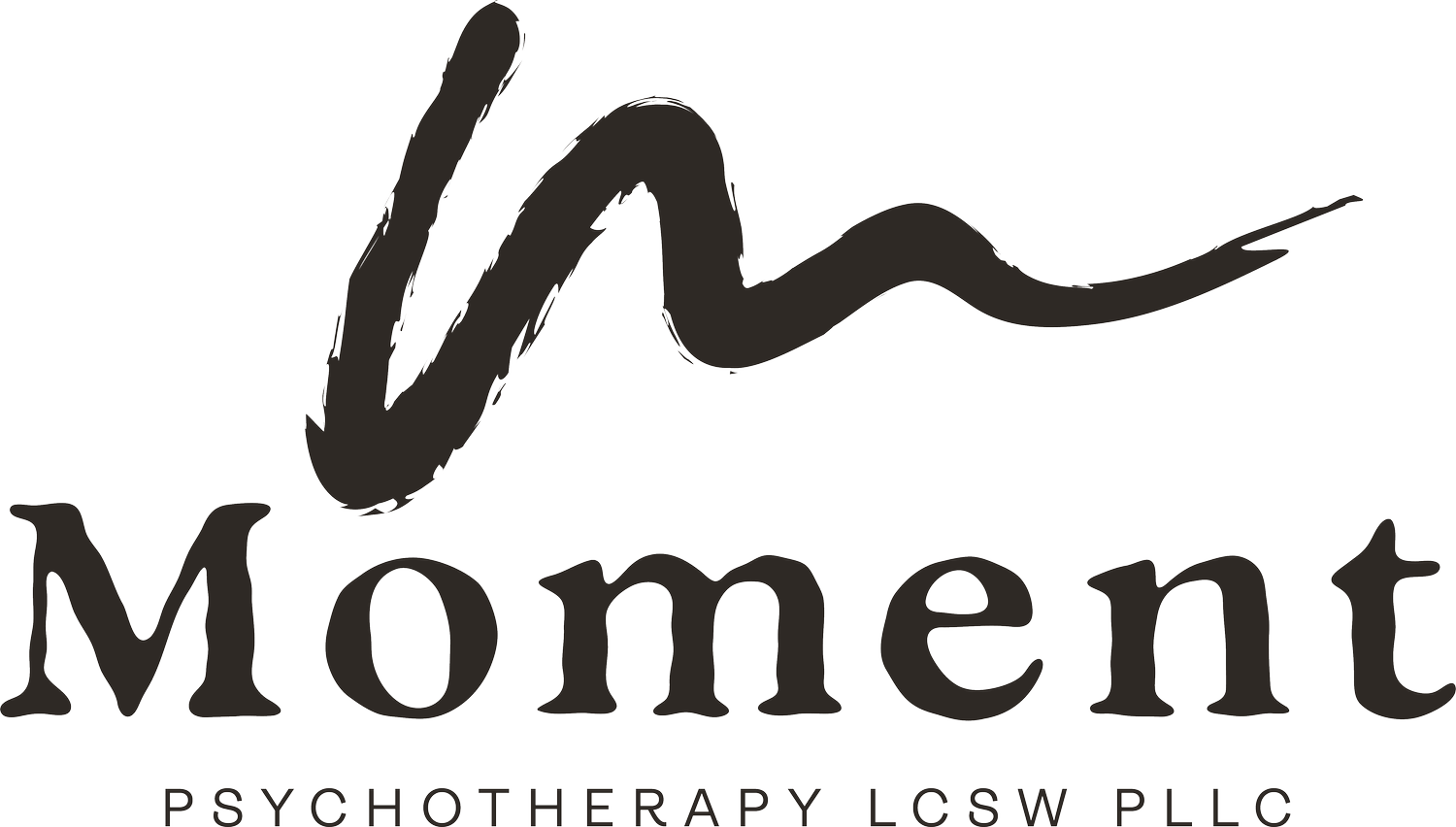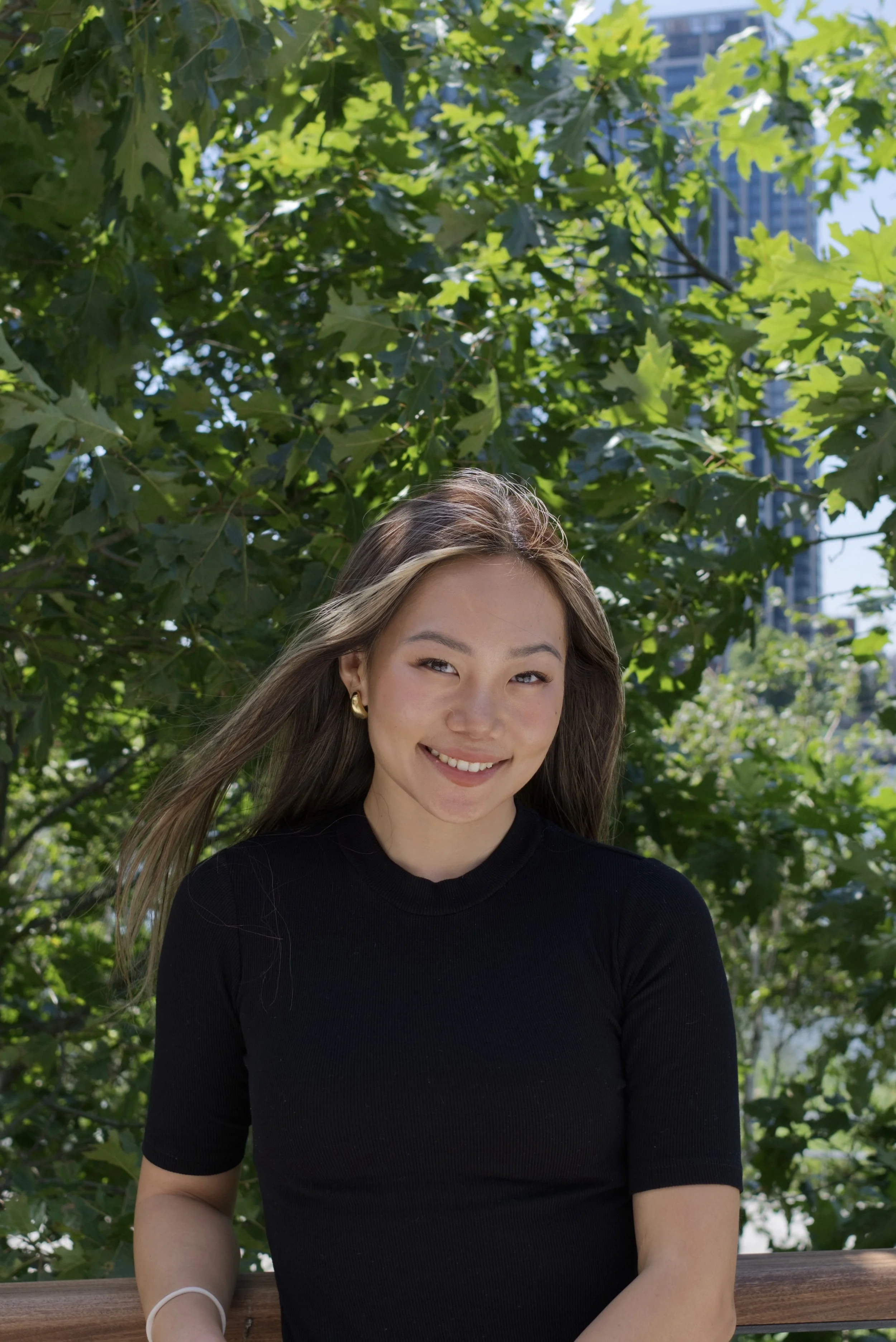
Meet Our Team of Therapists in New York
At Moment Psychotherapy, our dedicated team of New York therapists and mind-body practitioners provides care for individuals and couples across New York State. Because we keep our practice intentionally small, you receive care that’s truly personal and tailored to you. We specialize in culturally responsive, anti-oppressive therapy for depression, anxiety, trauma, identity, relationships, cross-culture issues, and life transitions. Our work is grounded in compassion, practical tools, and deep respect for your lived experience.
Meet Our New York Therapists and Mind-Body Practitioners
Audrey Lin, LMHC
Individual Therapy (Teen & Adult)
EMDR Therapy
Couples Therapy
Claire Li,
LCSW
Individual Adult Therapy
Somatic Therapy
EMDR Therapy
Psychological Immigration Evaluation
Una Dabiero, LMSW
Individual Adult Therapy
Somatic Therapy
Couples Therapy
Psychodynamic Therapy



